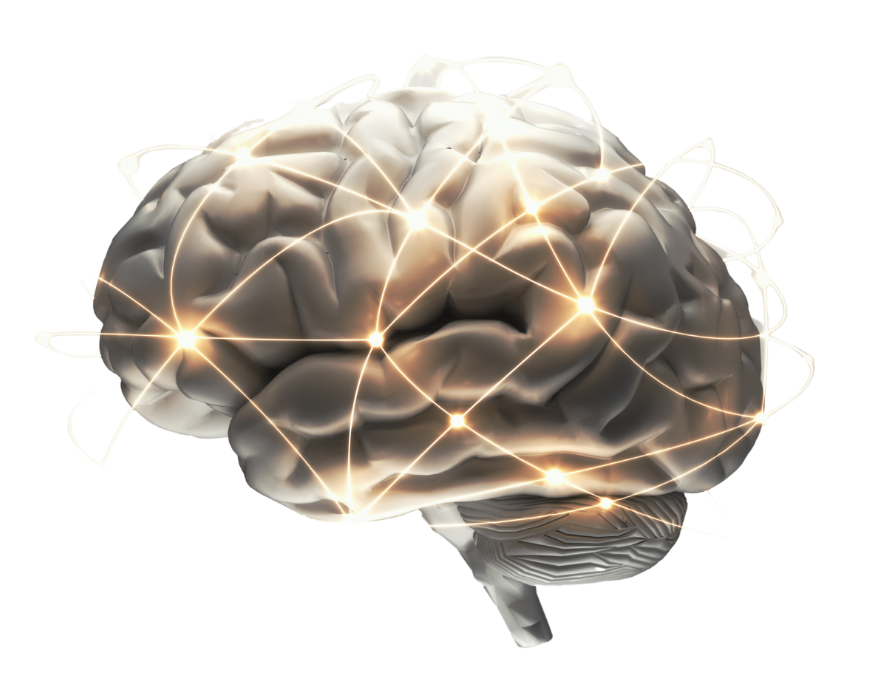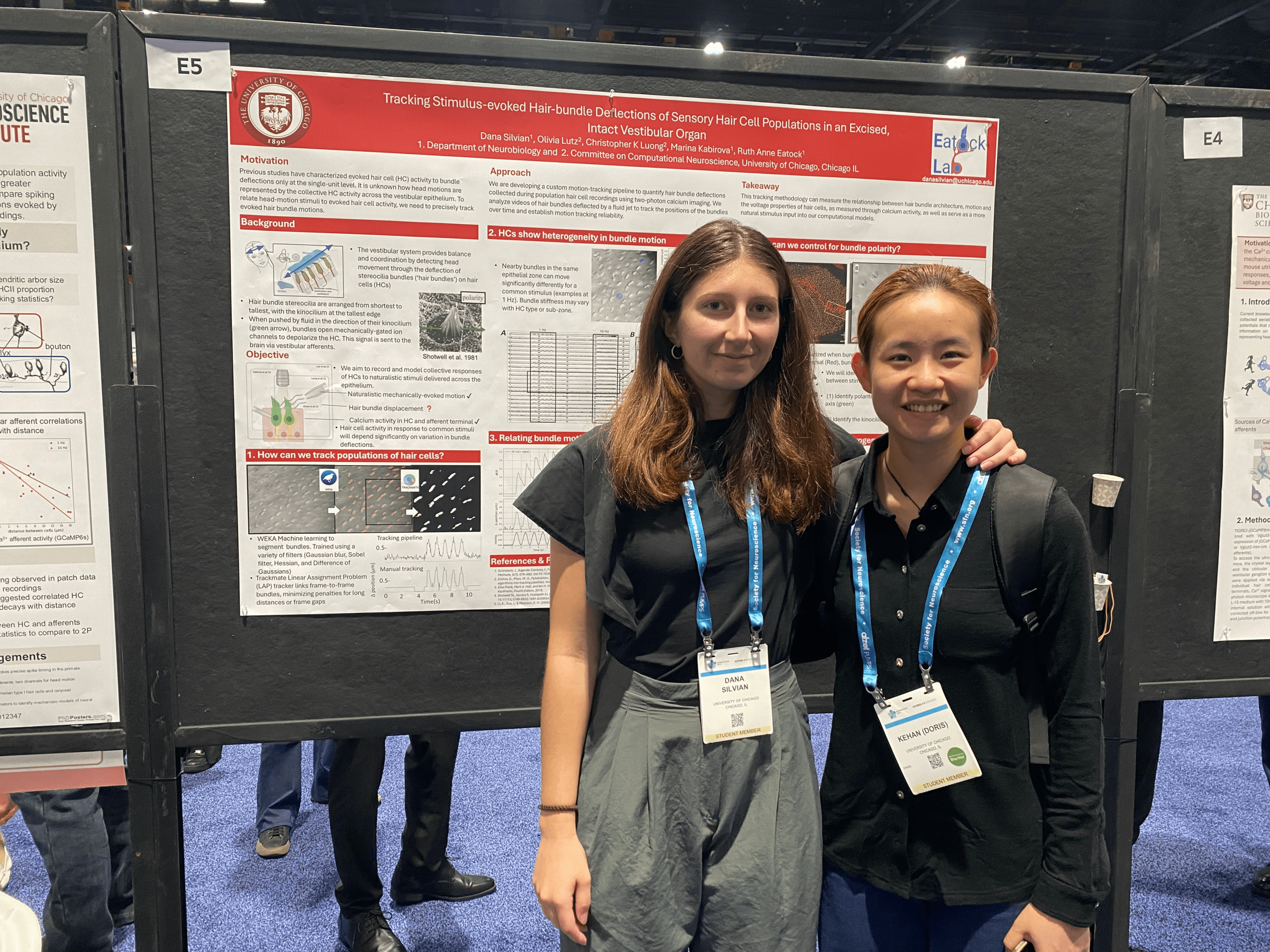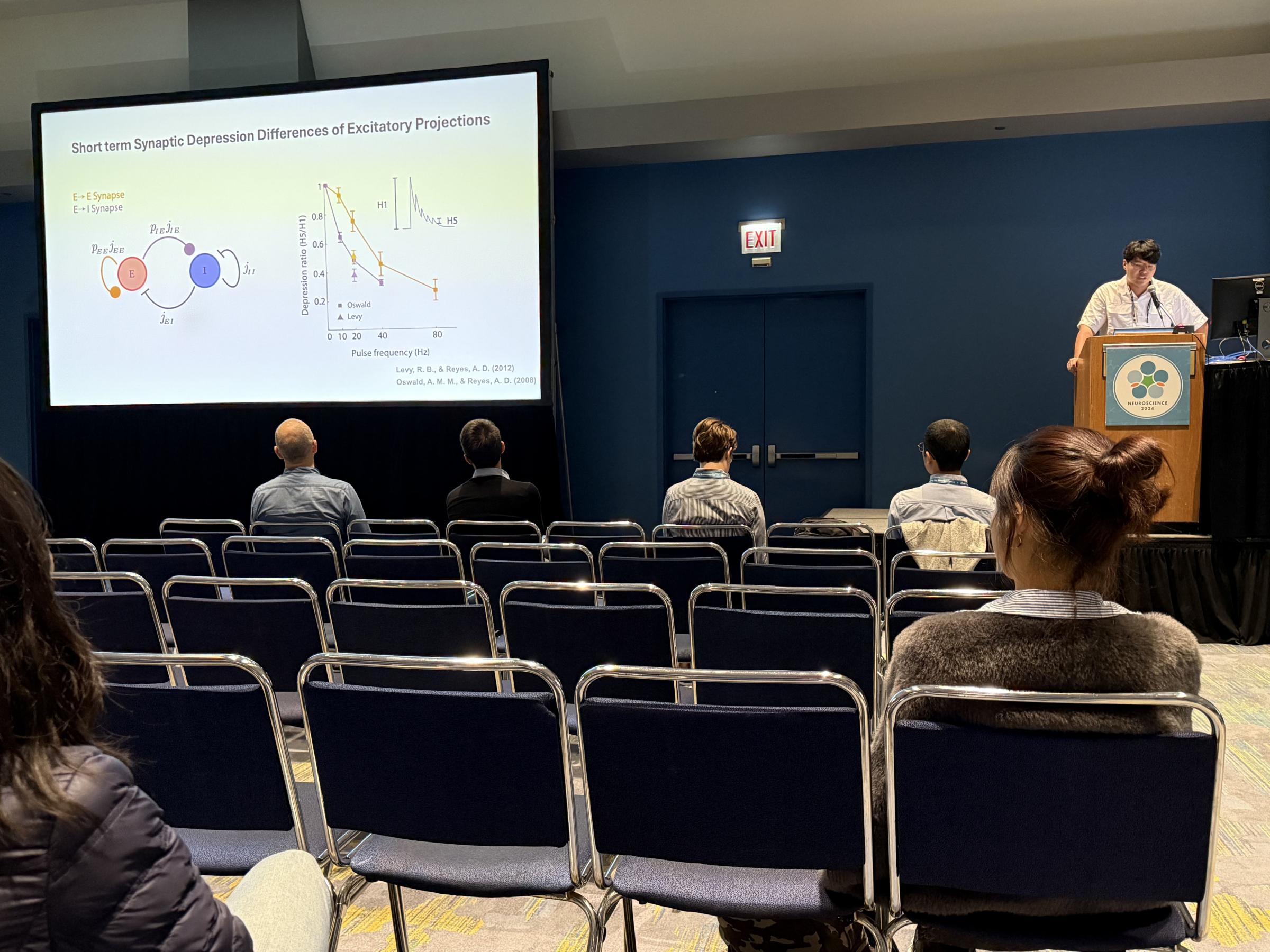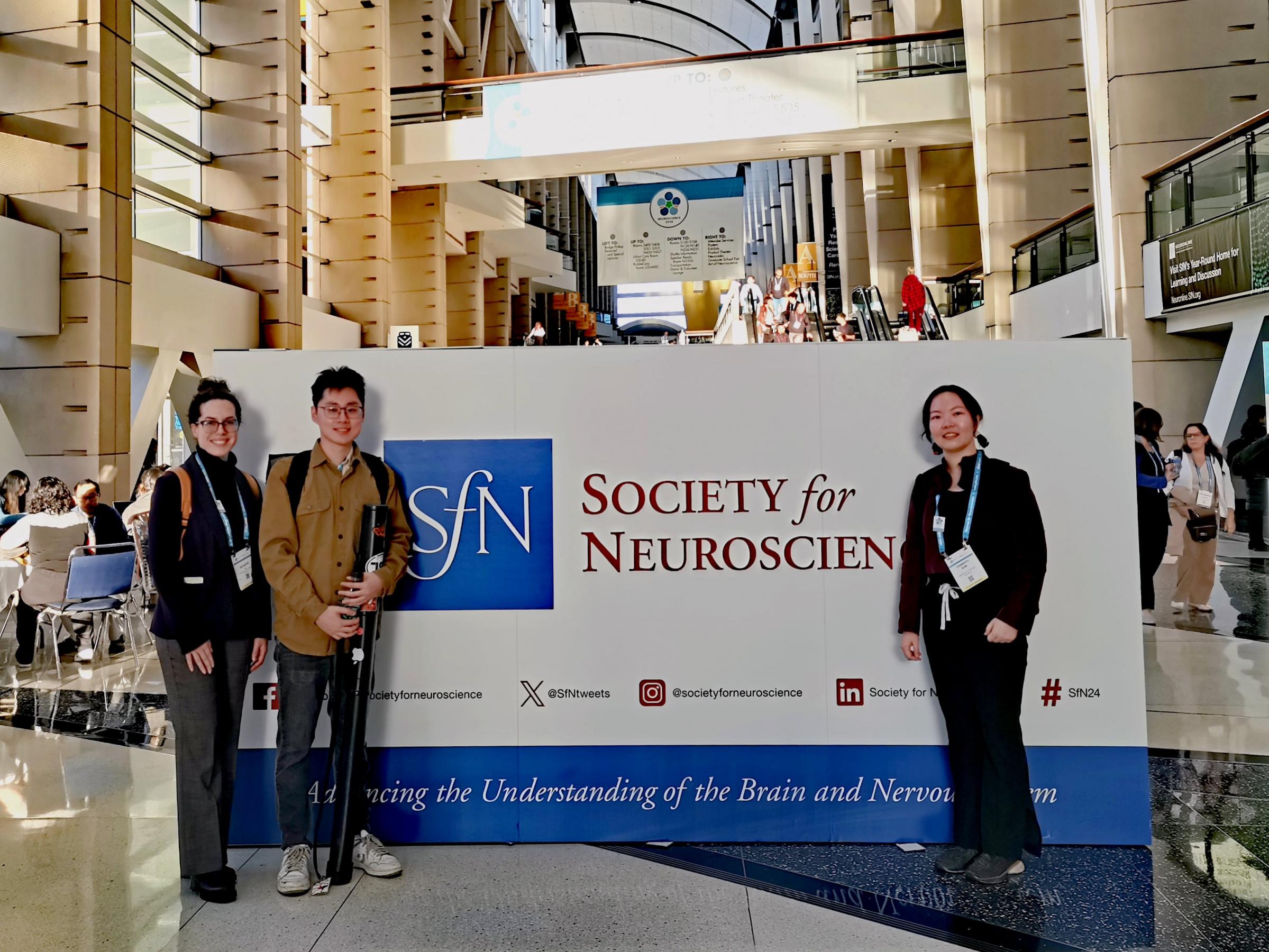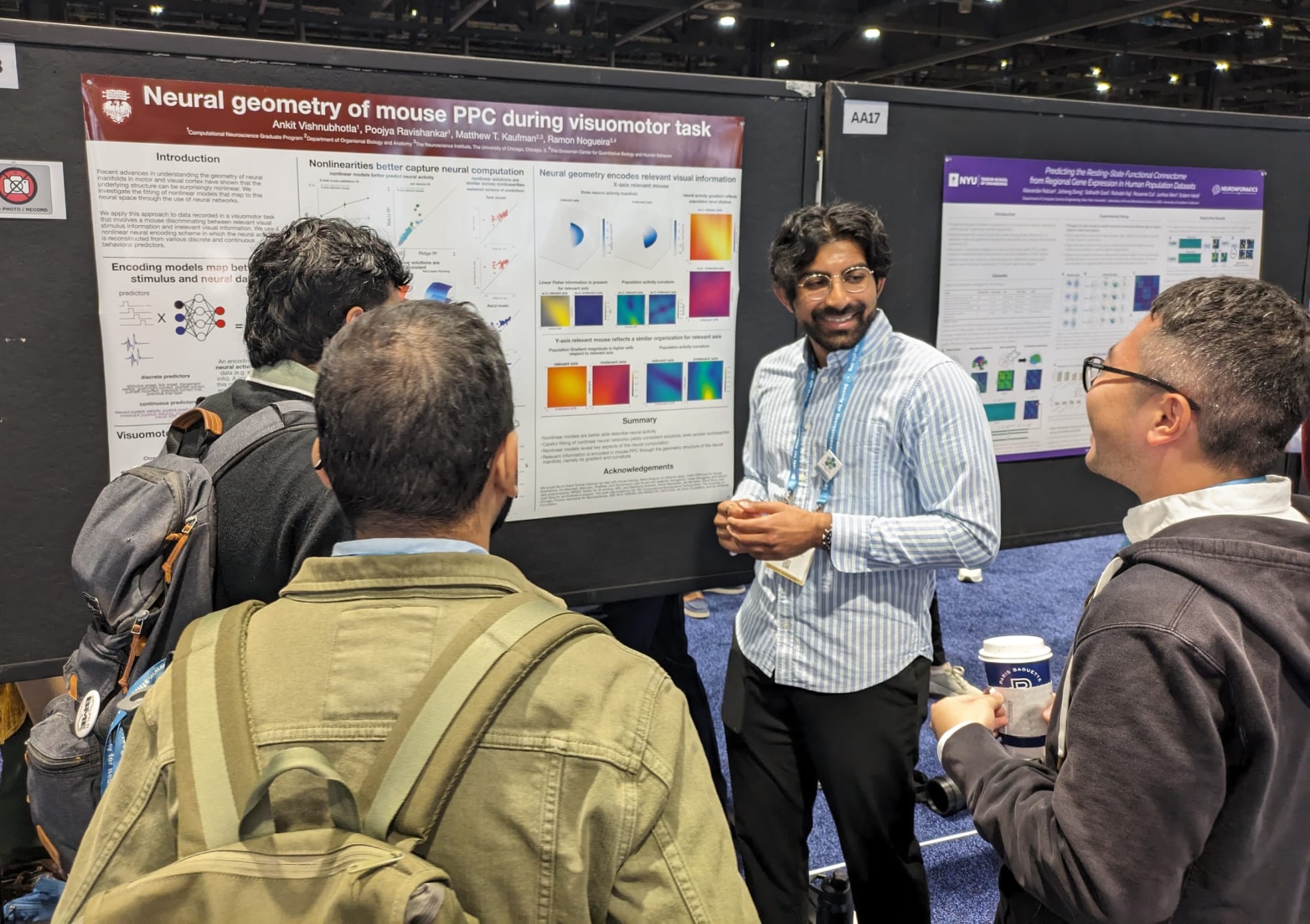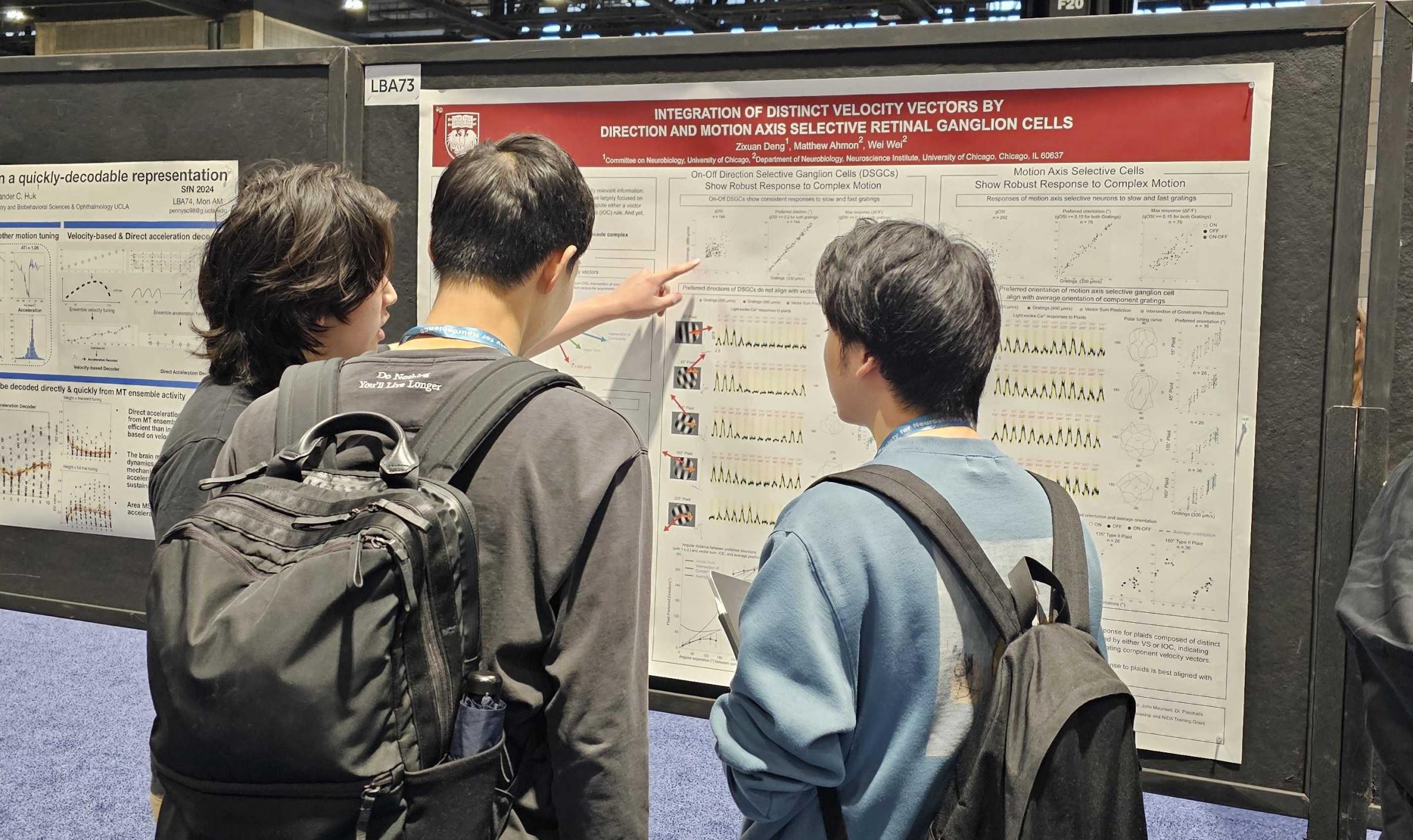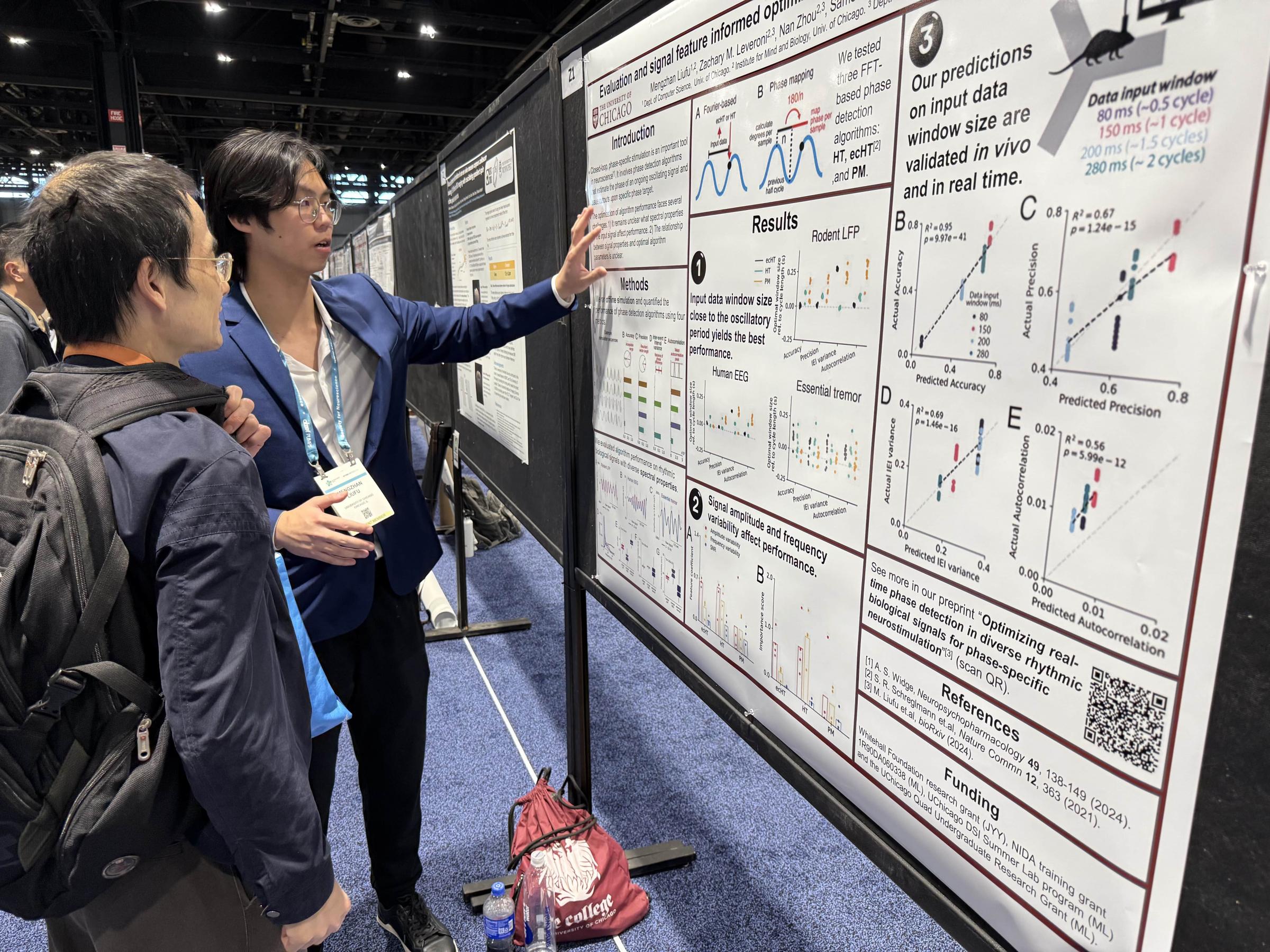The Training Program in Theory and Computation for Next Generation Neuroscientists (TPCN) provides students with an introduction to research in Computational Neuroscience.
To understand the function and dysfunction of the brain, it is necessary to confront its complexity. This reality requires more neuroscience researchers to be trained in a variety of computational and mathematical techniques.
The TPCN aims to train the next generation of neuroscientists to apply quantitative methods from mathematics, statistics, and physics to the study of neural systems.
The goal is to create literacy in mathematical techniques and modeling applied to experimental data for undergraduate and graduate trainees who wish to become empirical neuroscientists as well as to foster the growth of trainees whose main focus is theoretical neuroscience.
The research covers a wide breadth of areas, from neuronal biophysics to microcircuit dynamics, neural coding, decision-making, learning, and behavior.
The training is set within a highly collegial, cross-disciplinary environment of our Neuroscience Institute and the Grossman Center for Quantitative Biology and Human Behavior.
During the funding period, it will (1) strengthen the course offerings in computational neuroscience at both the graduate and undergraduate levels; (2) create an undergraduate research program in computational neuroscience; (3) enhance our minority recruitment by taking advantage of the undergraduate neuroscience research program.
Across five years of funding, the Training Program in Theory and Computation will support 20 domestic PhD students, 10 international PhD students, and 30 year-long undergraduate students.
Undergraduate Training
Nominees do not need to be Neuroscience majors, but they must be actively involved in computational neuroscience research. To be eligible, students must commit to conducting research in the Autumn, Winter, Spring, and Summer quarters.
This NIH-funded training program offers a stipend for part-time research during Autumn, Winter, and Spring, and a stipend for full-time research in the Summer. In their final program quarter, students are required to deliver a 20-minute research talk.
The program can run from Summer to Spring, or from Autumn to Summer.
Faculty members are responsible for submitting student applications, and undergraduate students interested in joining the program should contact one of the TPCN Training faculty members directly. Click here for additional details on the applications.
GRADUATE TRAINING
In this program, graduate students will take a series of directed courses in computational neuroscience that span both statistical and modeling approaches. Their training will be supplemented with courses in a relevant quantitative discipline, such as computer science, engineering, mathematics, or statistics.
The trainees will have extended experience in at least one experimental laboratory, under the supervision of a select mentor. They are also required to attend a series of journal clubs, seminars, and events within the University of Chicago Neuroscience community.
TRAINING FACULTY
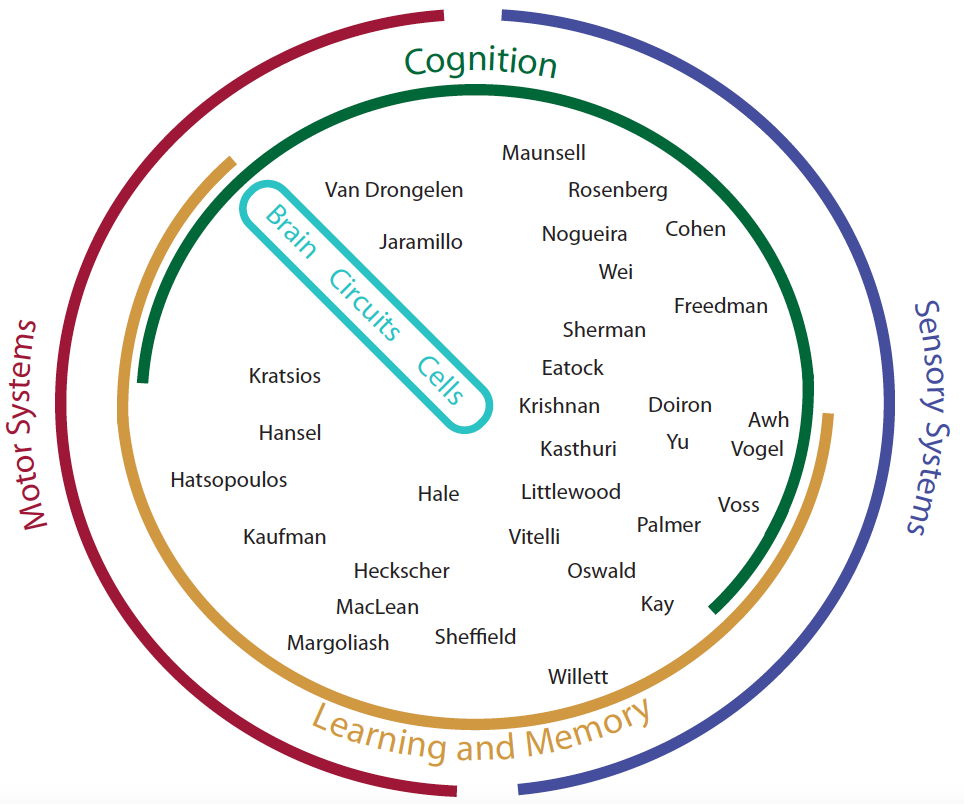
The Training Program in Computational Neuroscience has 31 training faculty distributed over 10 departments. The team is composed of 8 faculty in computational neuroscience (dry-lab), 9 faculty whose laboratories are primarily experimental, and 14 training faculty whose laboratories are both computational and experimental.
The members of this group are tackling many of the most fundamental questions about how the nervous system works and how it can break down using state-of-the-art methodologies at all levels of analysis, from the biophysics of neurons to the dynamics of neuronal circuits to perception, cognition, and behavior.
Some of our trainers investigate how genes and proteins shape the response properties of neurons, while others investigate how neuronal properties emerge from the collective activity of circuits of neurons. Others work on how information is encoded in the responses of individual neurons and/or populations of neurons. This group includes trainers who study the neuronal mechanisms underlying cognitive functions such as attention, learning, memory, and decision-making. Many trainers also study diseases of the nervous system and seek potential cures.
TRAINEES
Undergraduate Students
Matthew Ahmon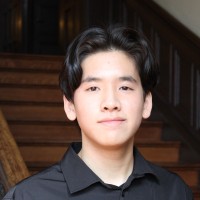
2nd Year
Program: CMYR
Trainer: Wei Wei
Cedric haddad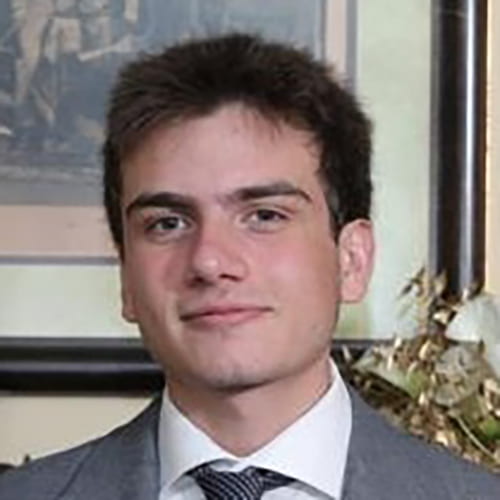
3rd Year
Program: NSCI-BS
Trainer: Jai Yu
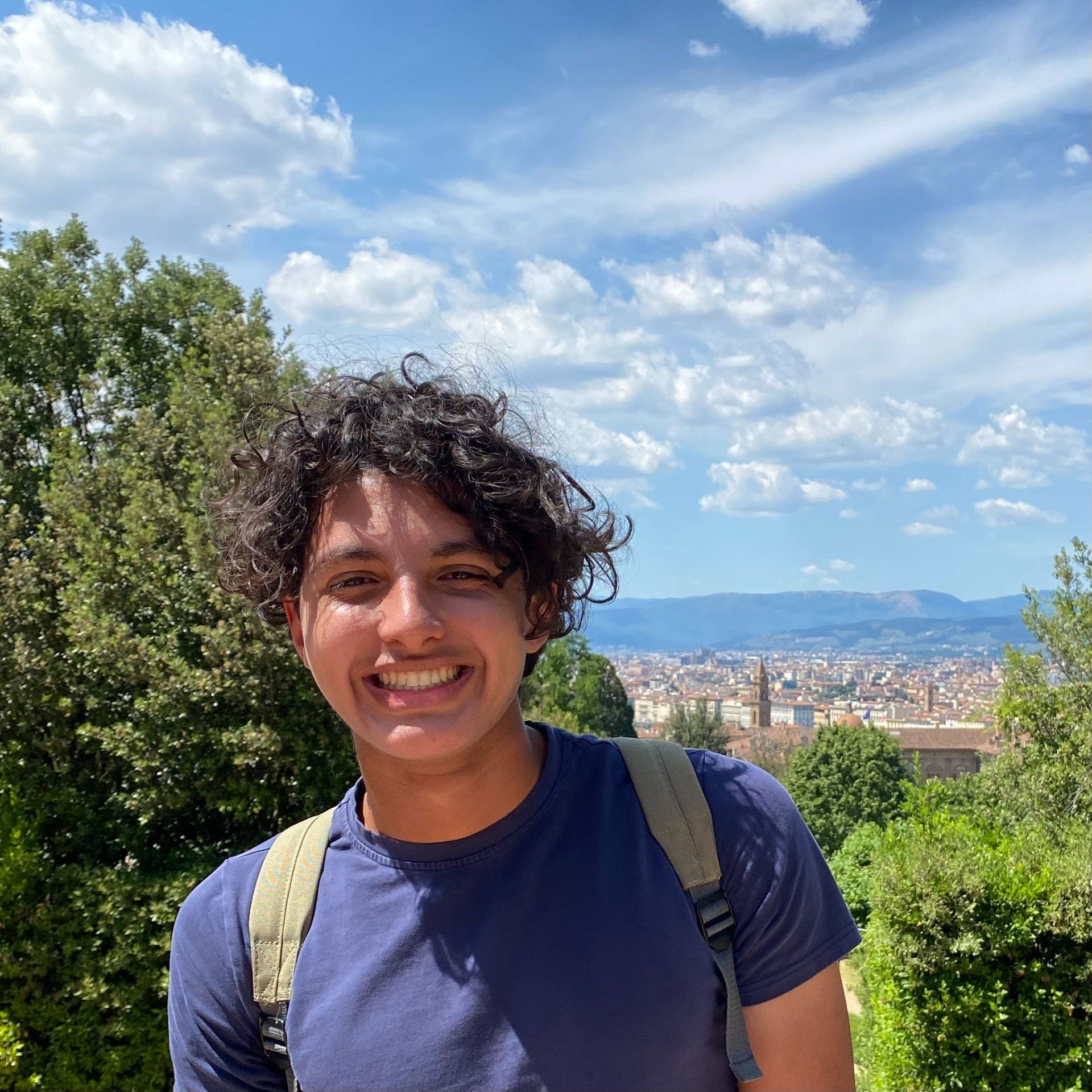 ISmael Robles-Razzaq
ISmael Robles-Razzaq
2nd Year
Program: CMYR
Trainer: Ramon Nogueira
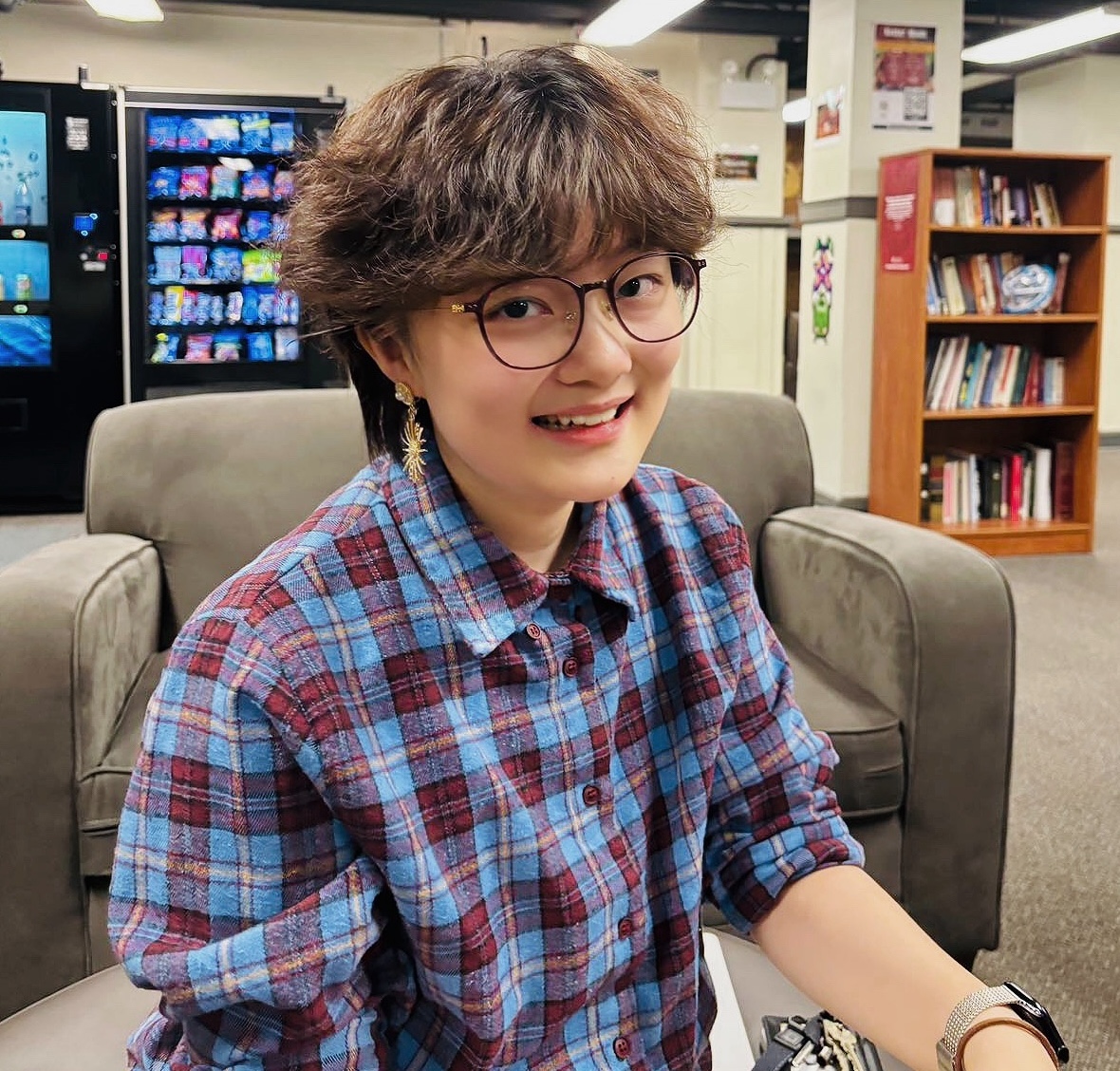 Daphne guo
Daphne guo
2nd Year
Program: CMYR
Trainer: Jorge Jaramillo
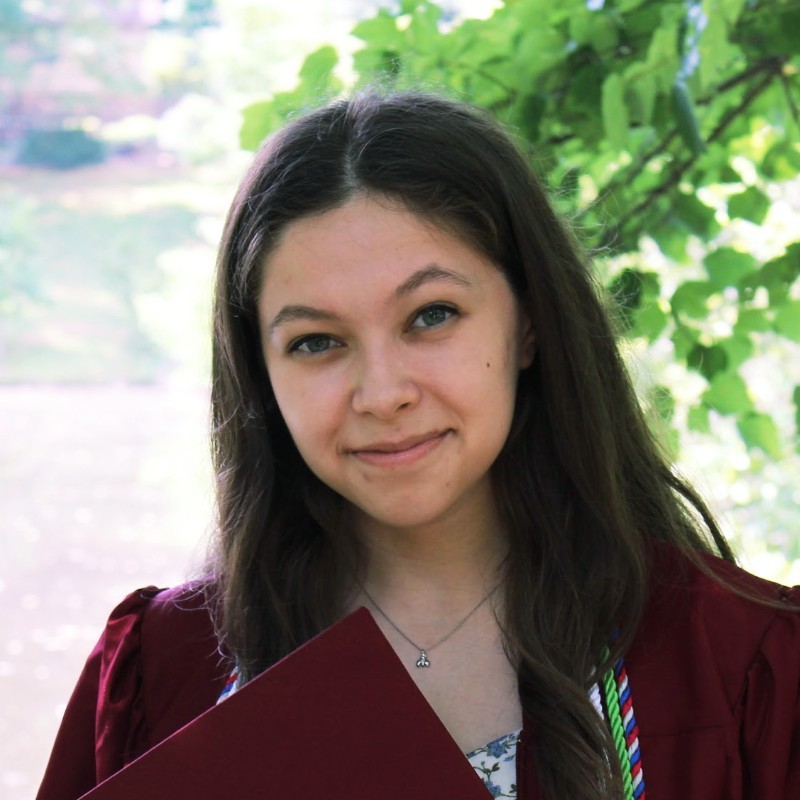 Katia Sergeeva
Katia Sergeeva
3rd Year
Program: NSCI-BA, 2DATA-BA
Trainer: David Freedman
 DORIS ZHANG
DORIS ZHANG
3rd Year
Program: NSCI-BS, MENG-MIN
Trainer: Ruth Anne Eatock
TARA KEDDA
2nd Year
Program: CMYR
Trainer: Yamuna Krishnan
 SARA Raghavan
SARA Raghavan
2nd Year
Program: CMYR
Trainer: Jason MacLean
Graduate Students
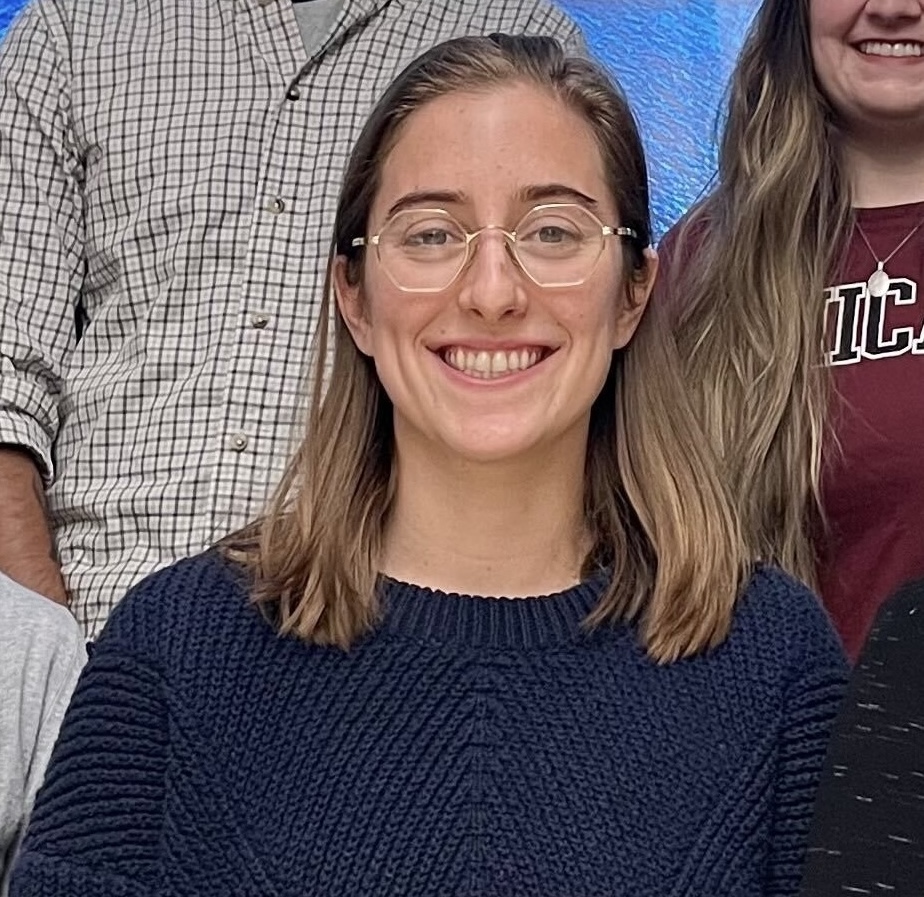 GRACE DiRisio
GRACE DiRisio
3rd Year
Program: CON
Trainer: Marlene Cohen
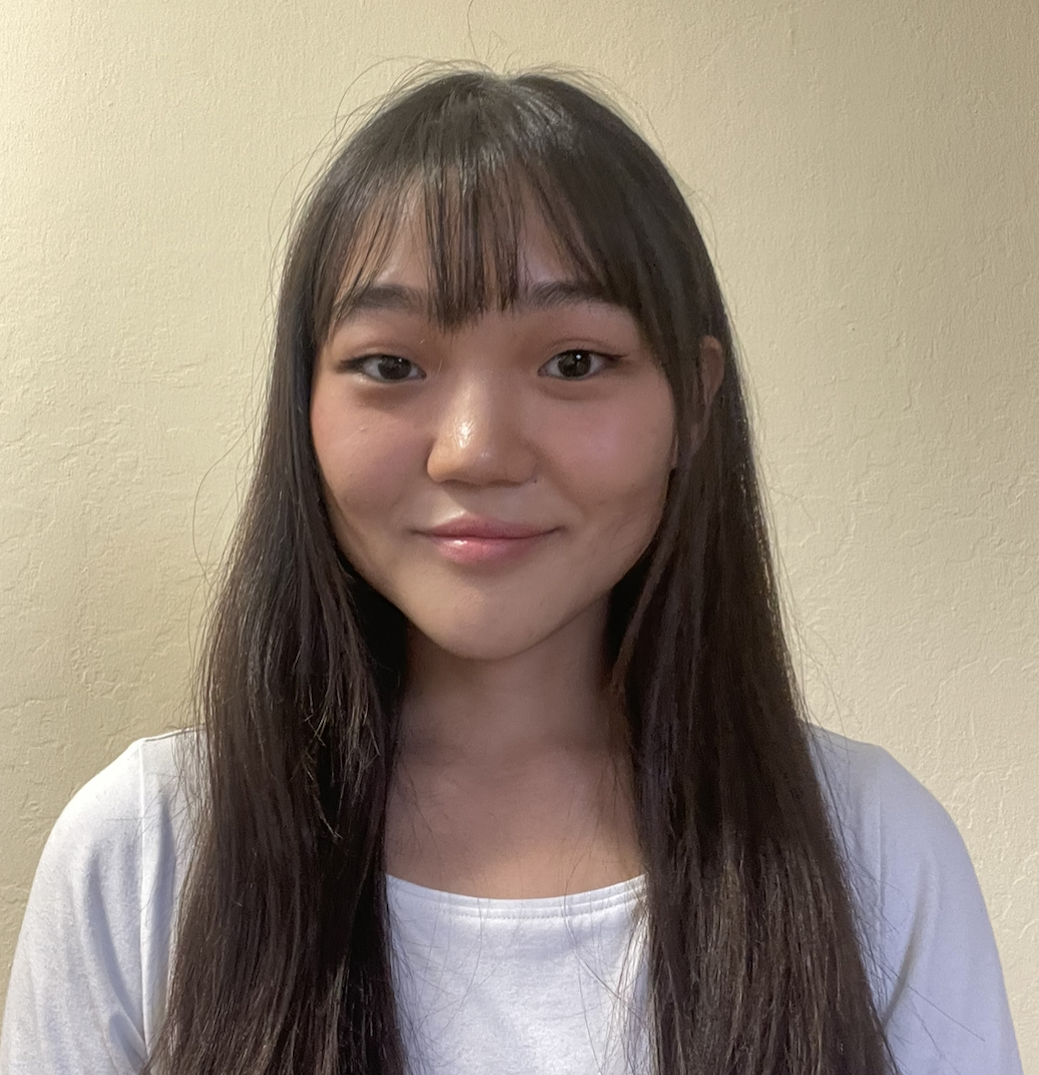
Sunnie Hong
2nd Year
Program: CNS
Trainer: Jason MacLean
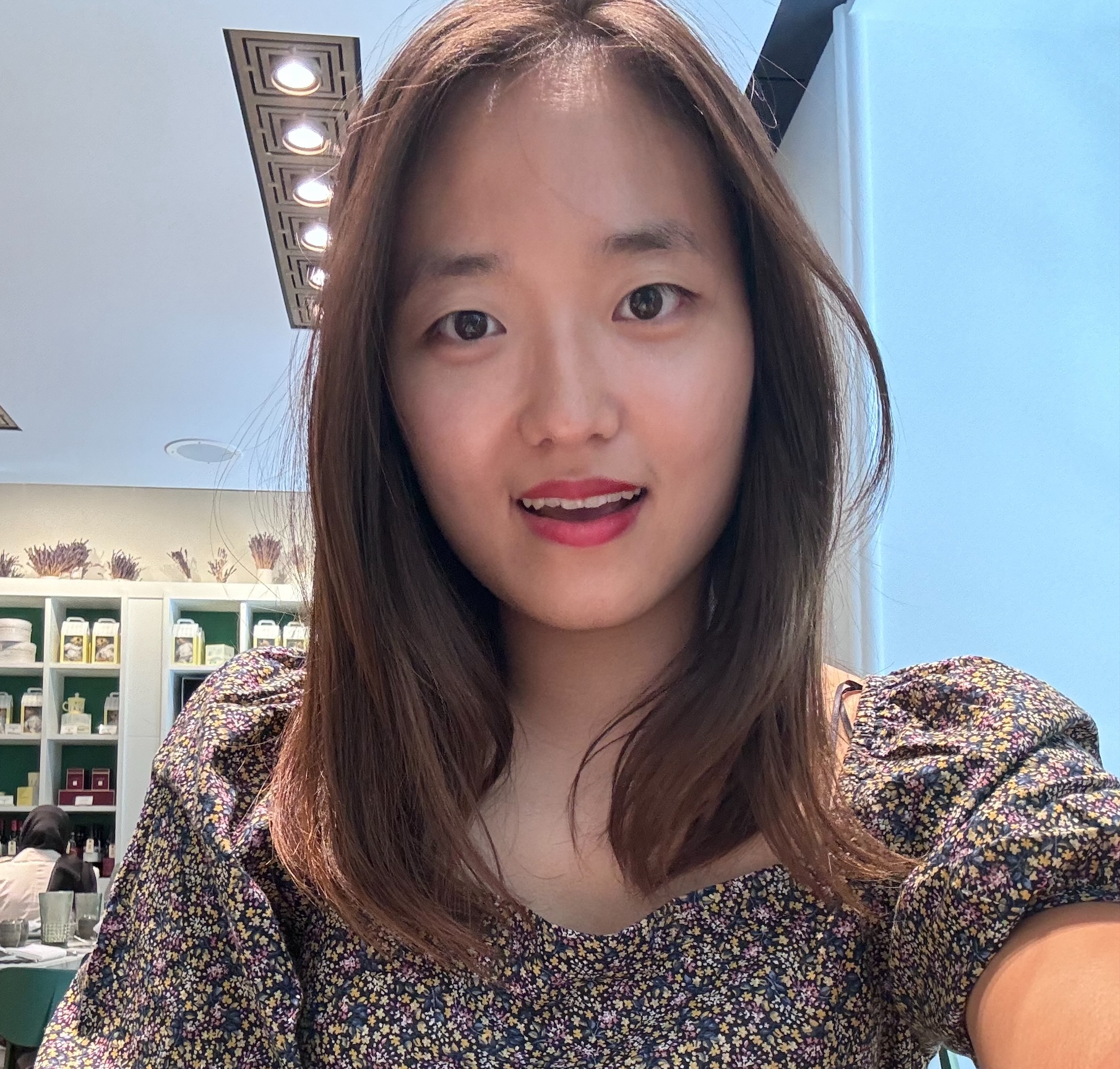 JIN OH
JIN OH
2nD Year
Program: CNS
Trainer: Brent Doiron
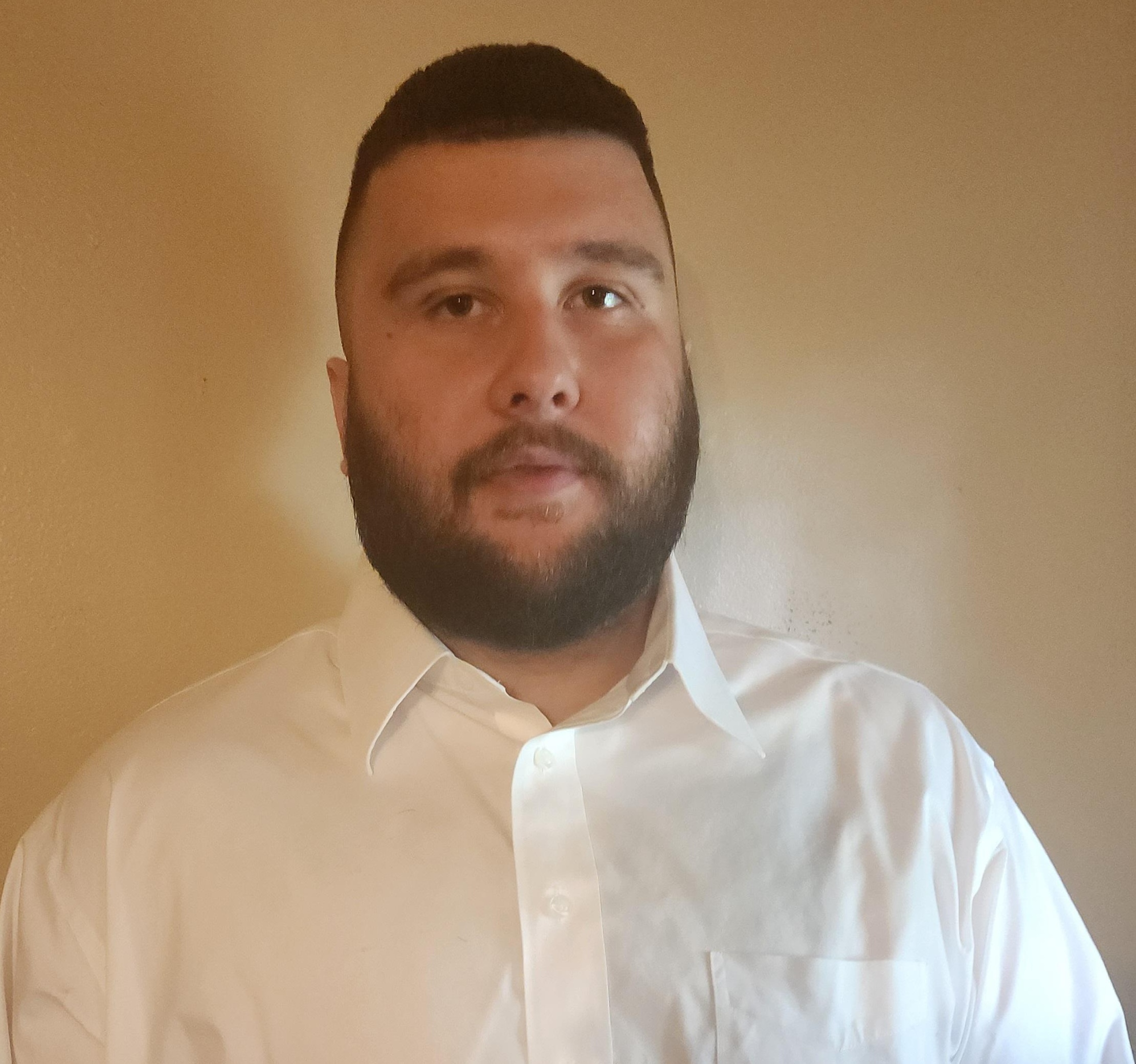
Chris Trombley
2nD Year
Program: CNS
Trainer: Nicholas Hatsopoulos
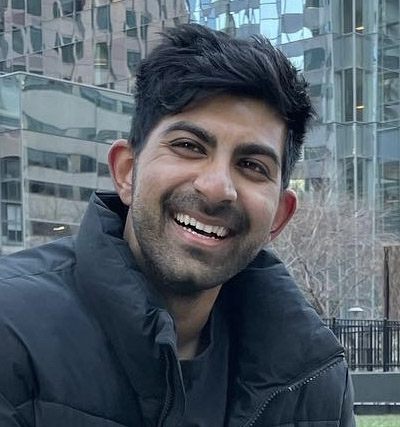 ANKIT Vishnubhotla
ANKIT Vishnubhotla
2nd Year
Program: CNS
Trainers: Matthew Kaufman/ Ramon Nogueira
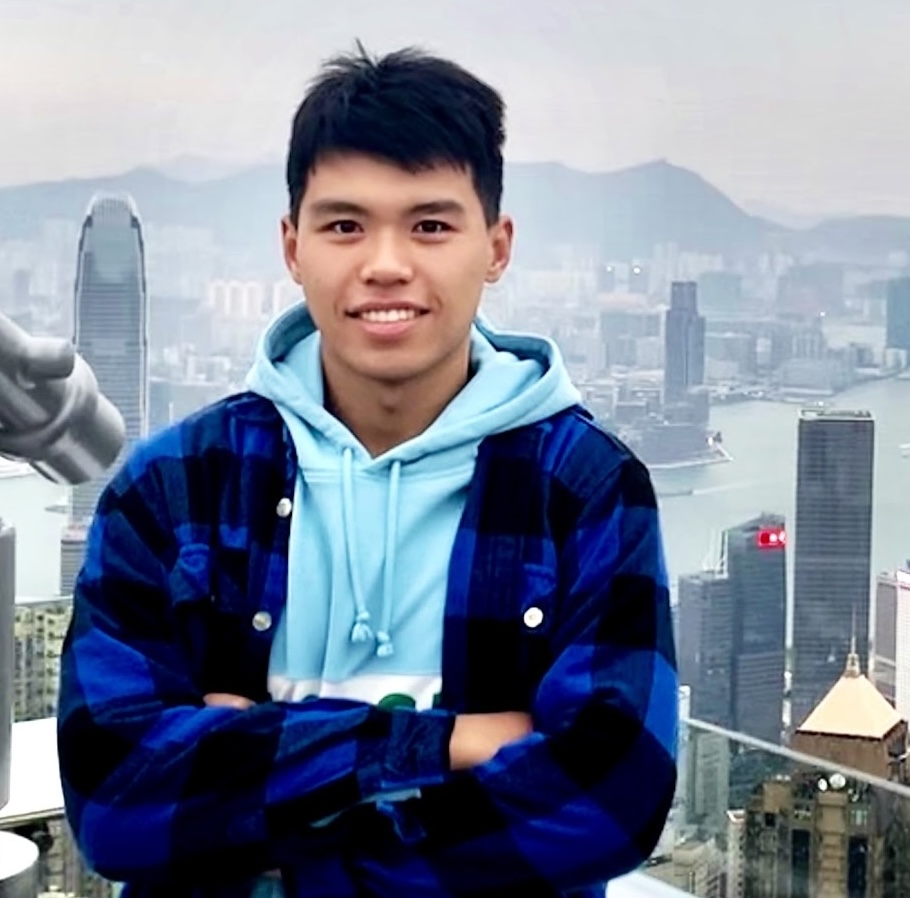
Draco Xu
2nD Year
Program: CNS
Trainer: Brent Doiron
Hadley Groom | NSCI-BS
Trainer: Jason MacLean
Grace Hu | NSCI-BA
Trainer: Ellie Heckscher
Jhan Liufu | PHYS-BA, 2CMSC-BA, 2ECON-BA
Trainer: Jai Yu
Adi Orlyanchik | NSCI-BS
Trainer: David Freedman
Ariana Qin | CAPM-BS
Trainer: Jason MacLean
Dana Silvian | NSCI-BS, CPNS-MIN
Trainer: Ruth Anne Eatock
Sharon Deng | CON
Trainer: Wei Wei
Bryan Garcia | CNS
Trainer: Mark Sheffield
Zulfar Ghulam-Jelani | CNS
Trainer: Matthew Kaufman
Michelle Miller | CNS
Trainers: Freedman/ Doiron
Harold Rockwell | CNS
Trainer: Jason MacLean
Ziqi Wang | CNS
Trainer: Anne-Marie Oswald
Short-term plasticity and context-dependent circuit function: Insights from retinal circuitry
Zixuan Deng, Swen Oosterboer & Wei Wei
Sci. Adv.10, eadp5229(2024). DOI:10.1126/sciadv.adp5229
Optimizing real-time phase detection in diverse rhythmic biological signals for phase-specific neuromodulation
Mengzhan Liufu, Zachary M. Leveroni, Sameera Shridhar, Nan Zhou & Jai Y. Yu
bioRxiv 2024.08.24.609522; doi.org/10.1101/2024.08.24.609522
Transformation of motion pattern selectivity from retina to superior colliculus
Victor J. DePiero, Zixuan Deng, Chen Chen, Elise L. Savier, Hui Chen, Wei Wei & Jianhua Cang
Journal of Neuroscience 15 May 2024, 44 (20) e1704232024; DOI: 10.1523/JNEUROSCI.1704-23.2024
